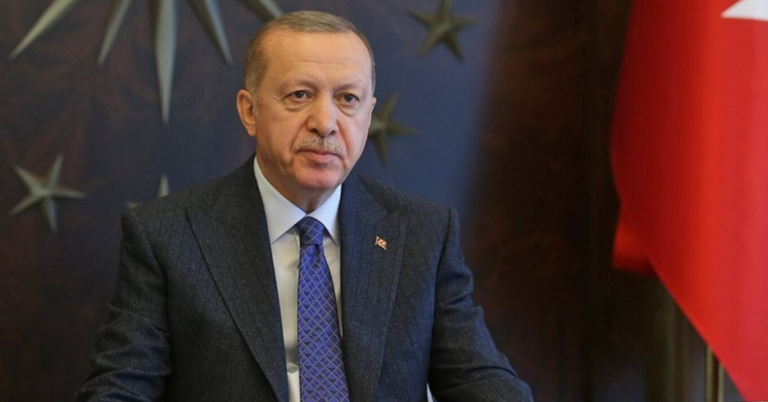Turkey and the United States have been treaty allies since Ankara joined the trans-Atlantic alliance in 1952 by formally becoming a member of NATO. Over the ensuing 70 years, Turkey’s bilateral relationship with the United States has been through its fair share of ups and downs. In the mid-1960s, the relationship was rocked by the secret U.S. deal with the Soviet Union to withdraw Jupiter missiles from Turkey during the Cuban missile crisis and former U.S. President Lyndon B. Johnson’s letter threatening not to defend Turkey over Cyprus.
Later differences over Vietnam created an anti-American backlash in Turkish public opinion. In the mid-1970s, the Turkish invasion and occupation of Northern Cyprus led to a congressionally imposed arms embargo and subsequent limits on U.S. arms exports to Turkey. Despite these periodic difficulties, a common threat perception about the dangers that Moscow posed to European and global security helped maintain a strong government-to-government relationship during the Cold War.
Following the Soviet Union’s demise in the early 1990s, the relationship between Washington and Ankara blossomed for a time and arguably reached a peak at the turn of the millennium, when President Bill Clinton declared that U.S.-Turkish ties constituted a “strategic partnership,” and U.S. diplomatic activism helped secure an invitation to Ankara from the European Union to open accession talks (an objective of Turkish foreign policy since the early 1960s).
In a breakthrough diabetics’ damaged cells regenerated to produce insulin
Under the leadership of President Recep Tayyip Erdogan, this relationship has essentially been driven off a cliff during his two decades of domination of Turkish politics. Since 2003, the bilateral relationship has slowly been purposefully undermined to the point that Washington no longer has a reliable ally to work with. These days, the relationship is characterized by Turkey’s mercurial, hypocritical, and callous stance on a range of security issues.
Since the first Gulf War, Washington has gone to great lengths to accommodate Ankara’s regional security concerns. The Clinton administration was visionary in promulgating Operation Provide Comfort, which not only prevented Saddam Hussein from killing more of Iraq’s Kurdish population, but also ensured that the separatist Kurdistan Workers’ Party (PKK) of Turkey was designated as a terrorist organization. During this period, Washington closely shared actionable intelligence to limit border incursions from northern Iraq into Turkey.
Continue here: Foreign Policy
Ask me anything
Explore related questions





